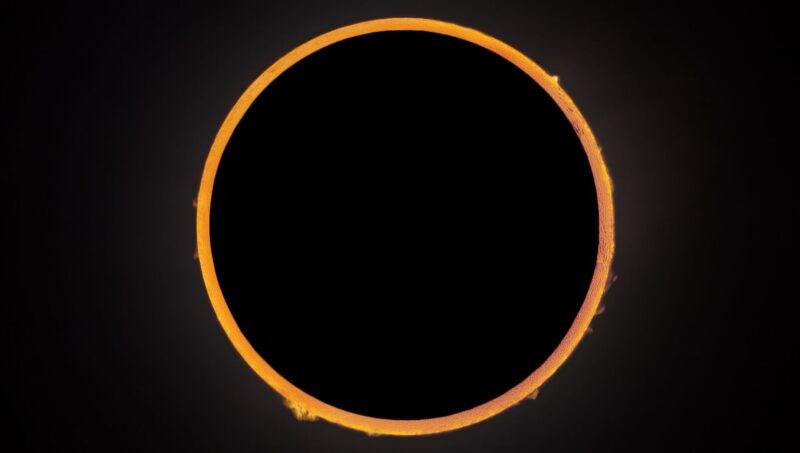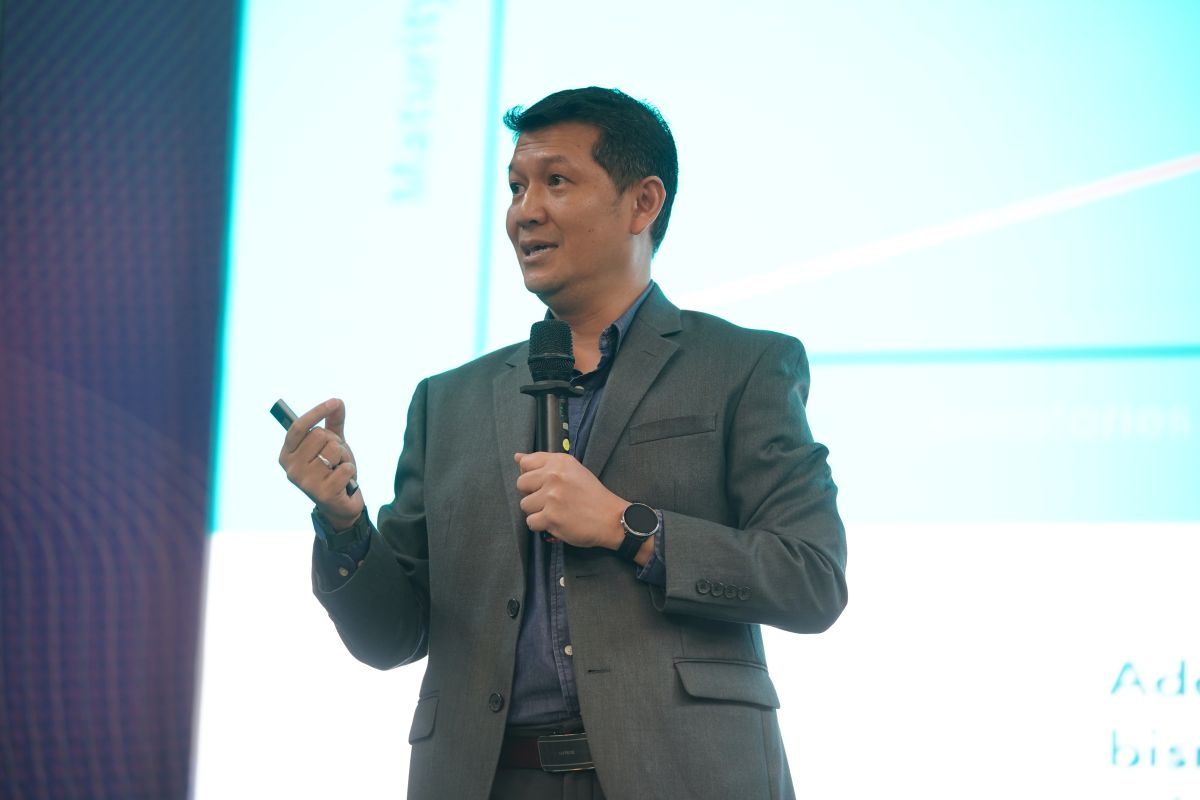The Journey of Bosscha Observatory
By Adi Permana
Editor Adi Permana

LEMBANG, itb.ac.id – In the centennial commemoration of Bosscha Laboratory, Prof. Karel A. van der Hucht, a Dutch astronomer who served as the Secretary General of the International Astronomical Union in the 2006-2009 period, in his presentation titled "The Early History of The Bosscha Observatory 1921-1939" explained the early years of Bosscha Observatory which is located on Bandung, West Java, Indonesia.
Prof. Karel began his presentation by expressing his congratulation on the 100 years of Bosscha Observatory. He also explained that this observatory has some unique characteristics due to its location, which is near the equator and can observe both the northern and southern hemispheres.
According to recorded history, there is a fact that Pastor Johan Mohr built the first observatory on Java from a Portuguese church that was located in Glodok, Batavia. In his observatory, Mohr managed to observe Venus transitions of 1761 and 1769 when Batavia was located on the cross path of this phenomenon. However, it is deeply regretted that no one continued and inherited Mohr's work. The trace of this observatory then was lost in time, and the development of astronomy in Java was stalled for a long time until the construction of Bosscha Observatory in West Java.

Bosscha Observatory, which was taken over by Institut Teknologi Bandung in 1950, has a very close association with the development of tea culture in the Parahyangan Region, West Java, which had begun around the year 1824 by some related Dutch families such as van der Hucht, Holle, Kerkhoven, and Bosscha.
In his presentation, he explained that some family members who lived on the plantation, such as Karel Bosscha and Rudolf Kerkhoven, possessed a distinct interest in science, especially astronomy. With that interest, they decided to build one of the best astronomy observatories in the southern hemisphere. To support their idea of constructing this observatory, Bosscha and Kerkhoven then established the Netherlands-Indies Astronomical Association in Bandung.
Then on 12 September 1920, they started to recruit patrons, academicians, and influential politicians as members of the association, with Karel Bosscha as the leader and Kerkhoven as the secretary. This association aims to build and operate an observatory in Dutch-Indies and promote astronomy science.
During the meeting with the founders of the association, Karel Bosscha then announced that he would fund the provision of a telescope with a focus lens length of 7 meters. In addition, Rudolf Kerkhoven announced that he would donate a Richter astronomy pendulum and a Zeiss refractor and fund the provision of a large meridian-distance telescope.
Furthermore, on 3 December 1920, the association members agreed to the decision to name this observatory "Bosscha Observatory", which came from a name of a Dutch astronomer, Johannes Bosscha, who is also the father of Karel Bosscha. Lembang region, which is located 1300 meters above sea level and 40 km north of Bandung, south of Tangkuban Parahu Mountain, was chosen as the location of this observatory.
The construction process of the first building of this observatory progressed smoothly. On 1 January 1923, attended by Governor General Fock, this observatory was inaugurated. In the same year since its operation, this observatory inherited a personal astronomy library from Prof. van de Sande Bakhuyzen, the Director of Leiden Observatory.
After that, gradually, the observatory was equipped with new devices, such as a double refractor. The institution also constructed a statue of Bosscha, who was considered to have massively contributed to the development of astronomy in the Dutch-Indies.
Despite its relatively fast development, in its early years, this observatory could only make a few astronomy achievements due to the lack of personnel within the observatory.

Then, not long after the observatory was finished, on 26 November 1928, Karel Bosscha passed away on his tea plantation in the Malabar region. Therefore, the leadership position of the institution was taken over by Rudolf Kherkoven until his retirement in 1935.
Such was the journey of constructing the Bosscha Observatory and developing astronomy science in Indonesia. "May all the directors and staff can celebrate an excellent centennial commemoration of Bosscha Observatory and I wish you the best of luck in promoting astronomy in Indonesia," said Prof. Karel van der Hucht in his closing remark at the 100th anniversary of the founding of Bosscha.
Reporter: Fajris Zahrotun Nihayah
Translator: Favian Aldilla


.jpg)

.jpg)
.jpeg)

